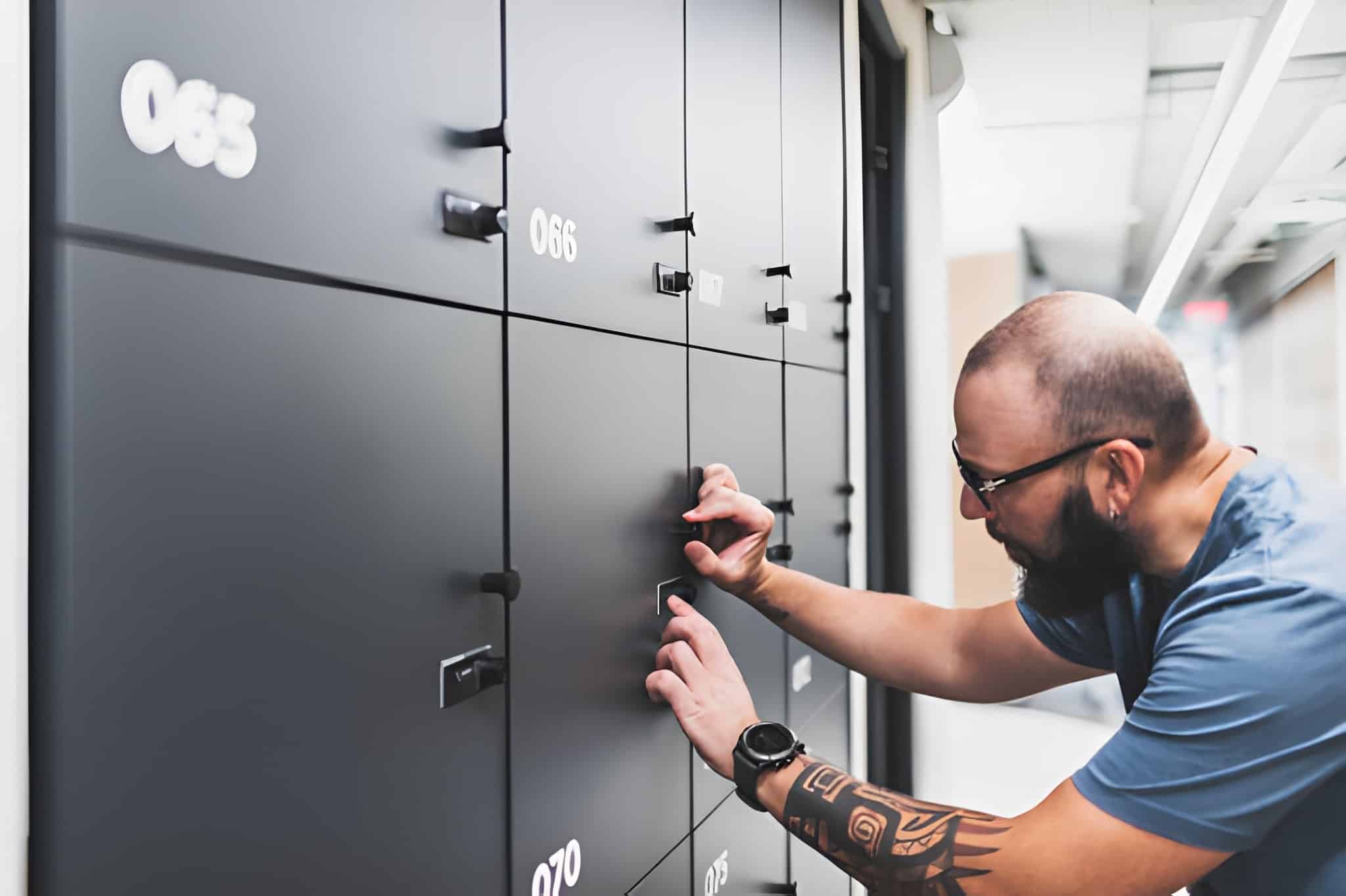
Locksmith Safety Tips: Protect Your Home, Office, and Valuables
Security is a top priority for homeowners and business owners alike. Locks remain the first line of defense against theft, unauthorized access, and property damage. Understanding effective locksmith safety practices can save you time, money, and stress while protecting what matters most. This guide outlines practical strategies, expert advice, and preventive measures for maximum safety.
Why Locksmith Safety Matters
Locks are often underestimated in their role in overall security. Poor or outdated locks can lead to:
- Unauthorized entry and theft
- Property damage and vandalism
- Loss of important documents or valuables
- Stress and inconvenience from lockouts
According to the Bureau of Justice Statistics, approximately 18% of burglaries involve forced entry through doors or windows, highlighting the importance of effective locks and professional locksmith services.
Essential Locksmith Safety Tips
1. Choose High-Quality Locks
Investing in durable, professionally rated locks is crucial. Look for:
- Deadbolts with ANSI Grade 1 or 2 certification
- Tamper-resistant locks for doors and windows
- Combination or electronic locks for added security
Tip: Regularly inspect locks for wear and tear and replace them if they are damaged or outdated.
2. Rekey When Moving or Losing Keys
Rekeying ensures that lost or duplicated keys no longer grant access to your property.
- Rekey when moving into a new home or office
- Rekey after losing a key or after employee turnover
- Use professional locksmith services for secure and reliable rekeying
3. Install Keyless and Smart Lock Systems
Keyless entry reduces the risk of physical key theft and allows remote access control.
- Electronic keypads, biometric systems, or smartphone-operated locks
- Change access codes periodically for enhanced security
- Monitor entry logs for unauthorized attempts
4. Secure Entry Points Beyond Doors
Locks are only part of overall property security. Consider:
- Window locks and reinforced frames
- Gates, fences, and garage doors with reliable locking systems
- Cabinet or safe locks for sensitive documents, jewelry, or electronics
Tip: Layered security reduces the risk of theft and increases peace of mind.
5. Avoid DIY Lock Repairs
Attempting lock repairs without proper knowledge can cause:
- Damage to locks or doors
- Reduced security effectiveness
- Voided warranties
Tip: Hire a certified locksmith for repairs or upgrades. Professionals have the right tools and training to maintain security integrity.
6. Protect Against Common Lock Scams
Lock-related scams are increasing, targeting homeowners and businesses. Common tactics include:
- Unlicensed locksmiths offering unusually low prices
- Emergency call scams where technicians inflate repair costs
- Fake service requests to gain access to properties
Tip: Verify credentials, read reviews, and confirm pricing before hiring any locksmith.
7. Use Safes for Valuables
Safes provide additional protection for items such as documents, jewelry, cash, or sensitive data.
- Choose safes with fire and water resistance
- Ensure the locking mechanism is tamper-proof
- Store combinations or codes securely, separate from the safe
8. Implement Access Control for Businesses
For offices or commercial properties:
- Restrict access to sensitive areas using keycards or biometric readers
- Maintain a log of entry and exit
- Review access permissions regularly to remove unauthorized users
Signs You Need Professional Locksmith Services
Even with preventive measures, some situations require expert intervention:
- Locks that are difficult to operate or jam frequently
- Broken keys stuck in locks
- Damaged locks after attempted break-ins
- Lost or stolen keys for high-security areas
- Upgrading to advanced or electronic lock systems
Professional locksmiths provide timely, reliable service to maintain security and prevent vulnerabilities.
Tips for a Secure Property Routine
- Schedule annual lock inspections for your home or business
- Keep keys and access codes confidential
- Educate family members or employees about safe lock practices
- Document all lock changes, rekeying, and installations for reference
- Combine physical locks with alarm systems and security cameras for layered protection
Frequently Asked Questions
- When should I call a professional locksmith?
For lost keys, broken locks, upgrades, or any situation compromising property security. - Are smart locks safer than traditional locks?
They offer convenience and access control, but must be installed and managed properly to maximize security. - How often should I rekey my locks?
Rekey when moving into a new property, after losing a key, or following staff changes. - Can a locksmith help prevent scams?
Yes, certified locksmiths follow professional standards and can advise on trustworthy practices. - Should I use a safe in addition to locks?
Yes, a high-quality safe provides added protection for valuables, important documents, or sensitive data.